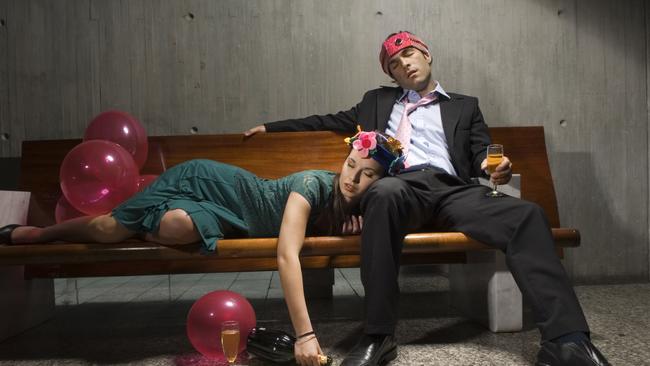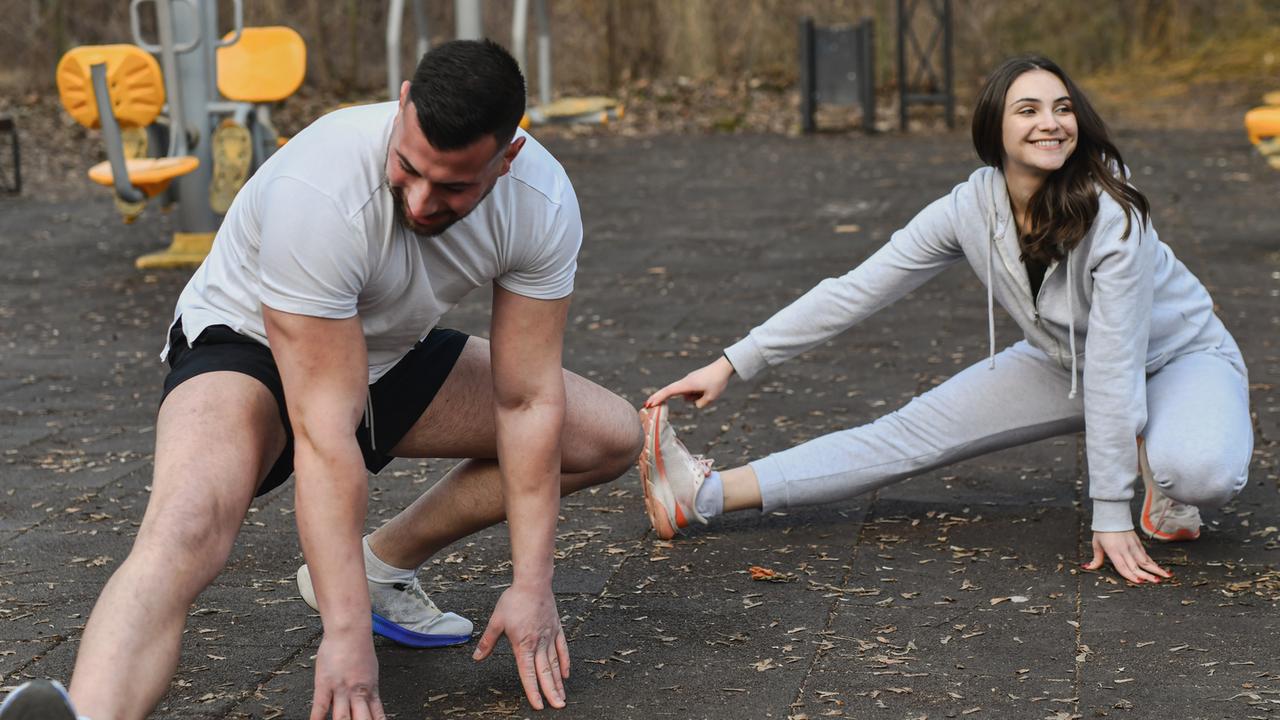Survey reveals young Aussie business travellers making risky decisions on work trips
A new global survey has lifted the lid on what Aussies really get up to on work trips – and what it could cost them.
Business
Don't miss out on the headlines from Business. Followed categories will be added to My News.
A new global survey has lifted the lid on what Aussies really get up to on work trips – and what it could cost them.
One survey of 2000 corporate travellers said under-34s were leading the charge into risky territory and were twice as likely than their older colleagues to engage in illicit drug use or gambling during work trips.
Younger workers were more inclined to disappear without telling colleagues, ride electric scooters unsafely, or get caught up in night-life that could land them in serious trouble.
The data, from global travel risk management firm World Travel Protection, found nearly eight in 10 Aussie travellers (79 per cent) admitted to taking part in risky behaviour they wouldn’t usually engage in when not on the clock.
HR consultant Christina King said the behaviour could jeopardise employees’ career and reputation – and was also physically risky – and that workers would do well to “go easy on the booze”.
“Probably the biggest risky behaviour that I would have seen in my time is people using alcohol and sometimes to excess,” she said.
“For example, people might have used alcohol to the point of perhaps passing out at an event.
“There are some potential conversations that might happen when they’re inebriated, they might be more forthcoming with their comments and that could lead to credibility or reputational issues for that individual.”
She added that in some countries, travellers had also become sick from ice in drinks made from unsanitary water.

As well as taking liberties with alcohol intake, some travellers are doing the same with the company credit card – including expensing visits to strip clubs under “entertainment”.
Paul Trotter, security and intelligence lead at World Travel Protection, is responsible for getting people out of such sticky situations.
He said business many travellers also found trouble lurking in dating apps.
“They get online, they want to meet someone overseas, which they’re more than welcome to do, but there’s a lot of places where criminal targeting actually happens through dating apps,” he said.
“We see travellers getting robbed. Sometimes they’ve a little bit too much to drink and drink spiking does happen as well as drugging.
“Then they wake up in the hotel room with all their belongings gone.”
He added this could be damaging for workers carrying sensitive documents or equipment, such as laptops.
“All of those kinds of things can have quite a significant effect, not just on the traveller’s health and wellbeing, which is obviously our core focus, but also on business continuity and the business’s ability to operate.”
The behaviours also open up a legal grey area for companies when it comes to how liable they are for how employees behave after-hours on a work trip.

When it comes to which staff are pushing the limits, the generational divide is stark.
While 42 per cent of travellers aged 55-plus said they stick to their usual routines on the road, only 15 per cent of under-34s reported doing the same.
Mr Trotter said preparation and being informed about the risks was key for workers heading abroad.
“For some reason, when people go overseas, if the locals don’t wear a seatbelt, suddenly that seatbelt goes from being a safety tool to just being a legal requirement,” he said.
“I think there’s a tendency for travellers to get a little bit lax about their security posture and safety in places where they expect to be safe and then it can come as quite a surprise when things do go wrong.”
More Coverage
Originally published as Survey reveals young Aussie business travellers making risky decisions on work trips




